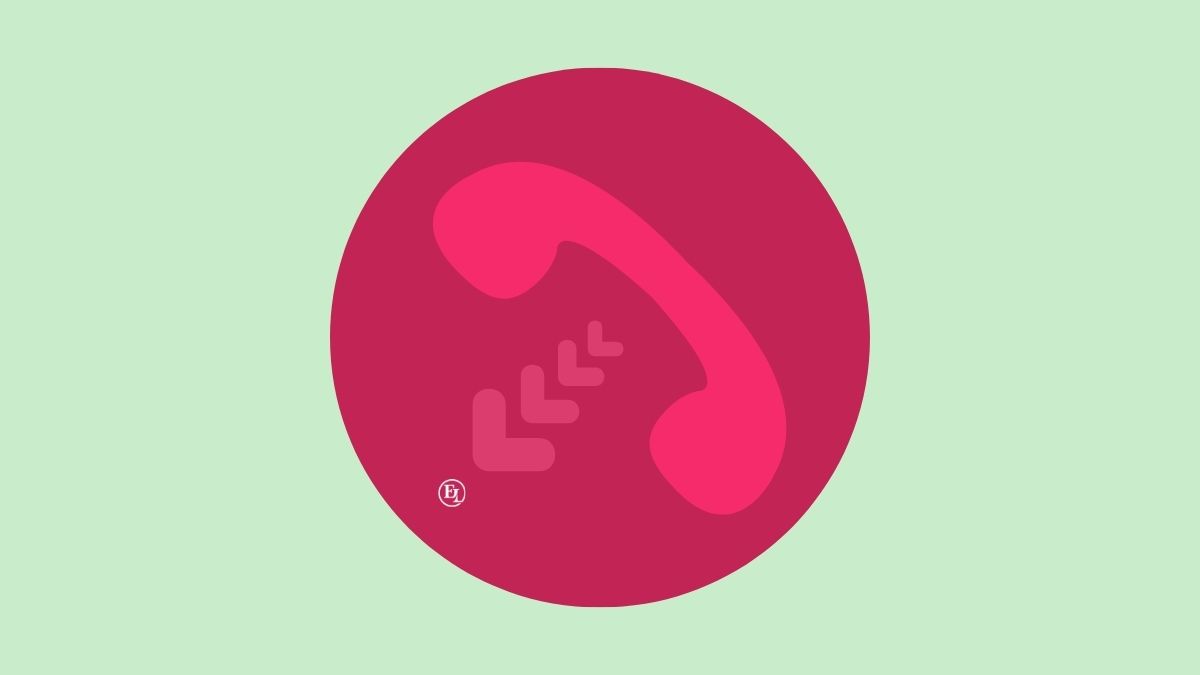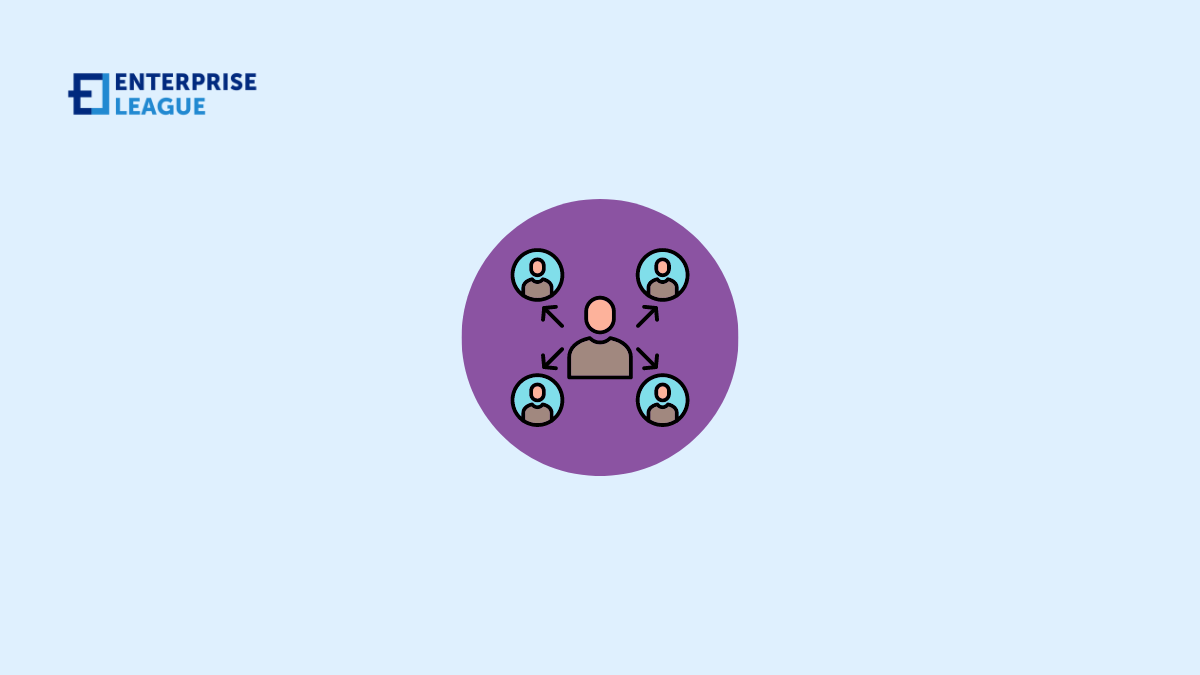As Jamie McCann, Founder of 3AM Marketing Services says, for whatever reason, professional ghosting is much more commonplace today. Why is that? I contend prior to desktops/laptops starting taking hold, all meetings were either scheduled in person or via the phone. Rare was the meeting missed or needing to be re-scheduled. Today, with all the technological advances (Outlook, Calendly, Jobber, Acuity, and a myriad of other scheduling software), people are too reliant on technology to keep themselves organized.
Remember the Franklin Planners? Meetings occurred regularly with few hiccups. Or, how about the old-fashion paper calendar method where we just scribbled reminders that we had a budget meeting at 3 on the 17th? Very seldom were meetings missed. Professional ghosting never happened. Today, with all the technology at our fingertips, we’re often double-booking ourselves and our cohorts, thereby overlooking meetings scheduled elsewhere or by others without our knowledge.
At a minimum, professional ghosting can be frustrating. And, can often lead to a reprimand, or worse, if it occurs often.
5 way how to respond to professional ghosting
Let’s see how to respond to professional ghosting whether it’s from clients or partners. The key point is to not take it personally.
Humour is key
My first two attempts are your typical easy to ignore attempts. By the third time, I responded in a way that was pretty tough to ignore. Humor is key.
I’ll send a video of Lionel Richie’s Hello or a meme. This will continue where each email gets more outrageous. After about 6 or 7 attempts you either get the theme song from the old Hulk TV show where Bruce is walking away while the credits roll which means I’ve given up on you.
Or, if I REALLY want your attention, I’ll either send something like a remote control helicopter with my phone number as a banner, a pizza in a custom box with my logo on it, or a singing telegram. Eventually, you’ll respond by then.
Marc Ensign, The Big Cheese at LoudMouse
Be understanding and ask for the reason
Instead, come from a place of understanding asking them saying you understand they probably have a lot going on, and that you would wish to constructively move forward, while figuring out how that is most likely to happen.
John Davis, CMO at Check4Lead
The three stages of recovery
The first is frustration. I let myself feel irritated for no more than 5 minutes. The second stage is analysis. I think about the potential reasons the individual ghosted me (e.g. personal situations, lack of buy-in to an opportunity, poor communication/lack of transparency). The third stage is reflection. I reflect on the things that I can do differently to encourage open and clear communication between myself and the candidate.
The amount of ghosting I experience has decreased significantly because of improved communication and transparency with the people I work with.
Hannah Kuspira, Co-Founder and Recruiter at KNOWLEJOBLE
Reach out one in a while
Ghosting is increasingly happening in the workforce as Generation Z becomes more prominent. It oftentimes comes from a weak connection built and from someone not feeling comfortable to express how they really feel. It’s best to just reach out every once in a while and maybe try to add some humour to it.
For example, “Hey – are we giving up on this?”. Those kinds of messages tend to get the best response rate.
Kyle Pavlich, CEO & Founder of ZedConsults
Send one final email
This happens more often than I would like to admit. You receive an inquiry for a quote, then you respond, maybe exchange a couple of emails and just when you get your hopes up, crickets.
I completely dislike playing the waiting game, so to have control of my reaction I send one final email to the client thanking them for their time and letting them know that due to no response, I will be closing their file in 24 hours. This includes deleting their information, and archiving any quotes. Any coupons or price guarantees are no longer valid.
Abby Herman, Director of Strategy at Snap Agency
Conclusion
When it comes to professional ghosting, fight the urge to send an angry email or to call and scream at them. More often than not, there’s a sensible reason for the ghosting and the communication can be continued with a little bit of patience. However, there would be cases when it’s best to sever ties and move on. Hopefully, the above examples will help you decide on your response.
More must-read stories from Enterprise League:
- Working from home is the new normal: 6 tips to adjust.
- Creative marketing ideas to implement now for a small business on a budget.
- 16 fiction books every entrepreneur should read as soon as possible.
- How to ask for a deposit in a contract without being awkward or losing a client.
- 23 smart pricing strategies to help you with pricing your products.
Related Articles
SEO writing: Five foolproof tips to secure you the first page
When it comes to SEO writing it’s more guessing and less evidence about what works and what doesn’t. Luckily, we know what can really help you reach the first page.
How to onboard a new employee: Tips for quick integration
Your guide to smoother employee onboarding where you will find practical strategies that help new hires feel welcome and become productive team members faster.
6 tips on how to delegate work so it actually gets done
Delegation doesn’t have to be difficult, that’s why we are sharing some proven tips to delegate work effectively and get better results from your team.
SEO writing: Five foolproof tips to secure you the first page
When it comes to SEO writing it’s more guessing and less evidence about what works and what doesn’t. Luckily, we know what can really help you reach the first page.
How to onboard a new employee: Tips for quick integration
Your guide to smoother employee onboarding where you will find practical strategies that help new hires feel welcome and become productive team members faster.






